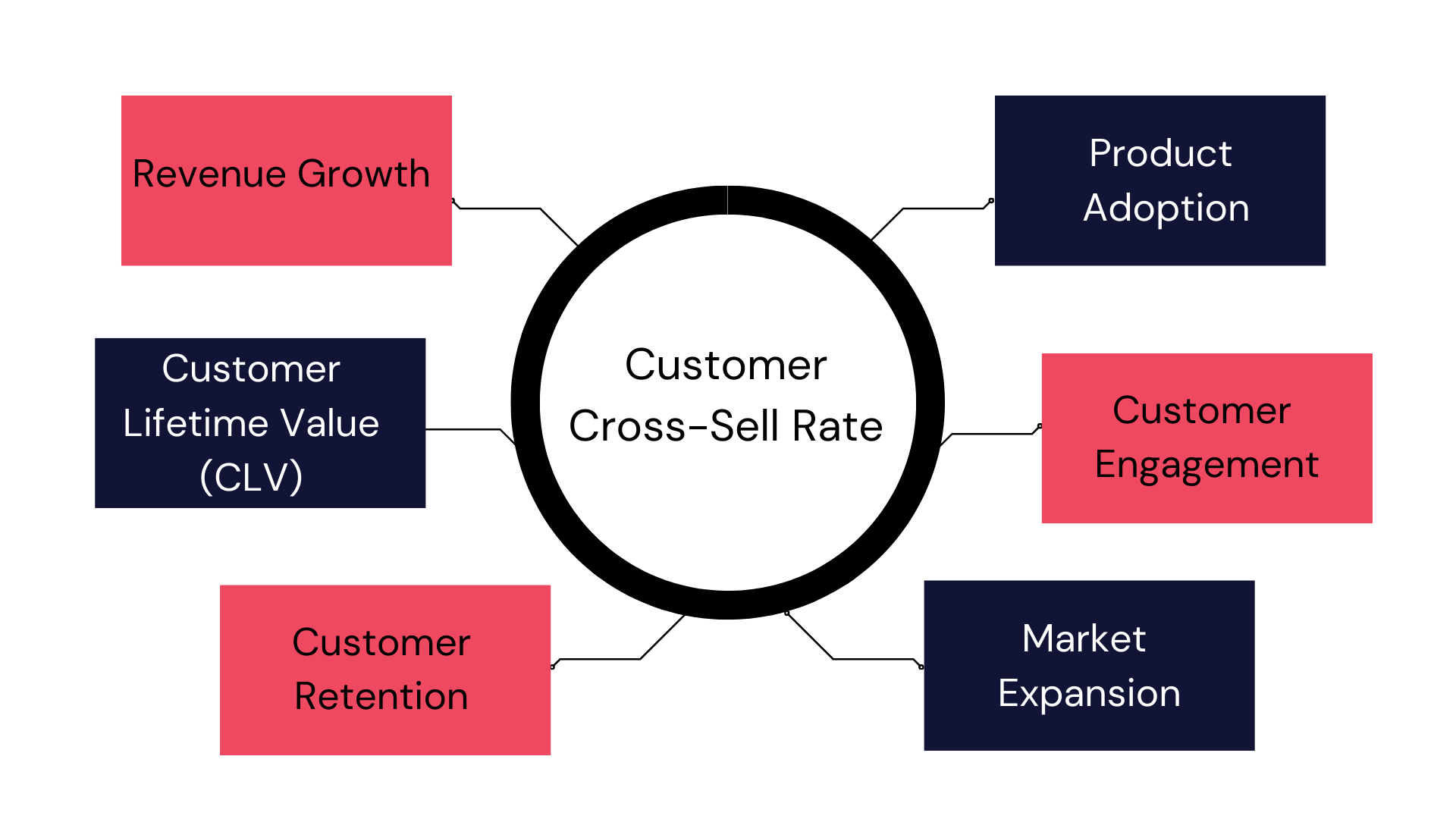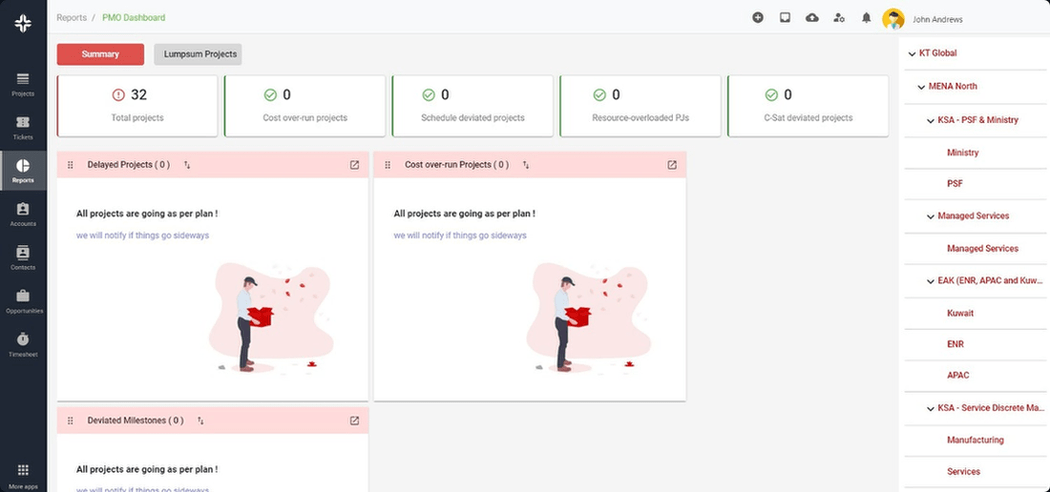Home » PSApedia
Customer Cross-Sell Rate
Boost Revenue, Customer Engagement and Improve Your Customer Cross-Sell Rate Today.

What Is the Customer Cross-Sell Rate?
The Customer Cross-Sell Rate refers to the percentage of customers who purchase additional products or services beyond their initial purchase. This metric is essential for businesses as it signifies the success rate of their cross-selling efforts, leading to increased average order value and customer loyalty.
For example, in a software company, if a client initially invests in finance management software, cross-selling might involve suggesting complementary tools such as resource management or ticket management.
Why Customer Cross-Sell Rate is Crucial?
Cross-selling not only boosts revenue but also enhances the customer experience. When customers discover more value through complementary offerings, their loyalty and trust in the brand grow.
Furthermore, cross-selling often lowers customer acquisition costs, as it’s cheaper to sell to existing clients than acquiring new ones. An article on streamlining business processes for operational efficiency highlights the importance of such strategies.

Importance of Customer Cross-Sell Rate
Calculating Customer Cross-Sell Rate
Formula:
(Customer Number Purchasing Additional Product/Total Number of Customers) x 100
Example:
Let’s say KEBS has 100 customers. Out of these, 30 customers also decided to use the KEBS project management tool after initially investing in their deal management software.
Cross-Sell Rate = (30/100) x 100 = 30%
Benefits of Cross-Selling
Cross-selling enhances customer value by offering complementary products or services, leading to increased revenue. By anticipating additional needs, businesses can cultivate customer loyalty, improve the shopping experience, and maximize profitability from a single transaction.
- Enhanced Customer Value: Offering relevant add-ons or services deepens the relationship, providing more value to the customer.
- Increased Revenue: By efficiently promoting additional services or products, you can boost sales without much extra effort. For instance, if a client is keen on PSA software, providing insights on its benefits can lead to a purchase.
- Loyal Customer Base: By understanding and catering to client needs, companies can build a loyal clientele.
Cross-Selling vs. Up-Selling: The Key Differences
Cross-selling persuades customers to purchase related items. Up-selling persuades customers to purchase a more expensive product than they originally intended.
If a company uses KEBS ticket software, up-selling means showing them a better version of the same tool. Cross-selling means suggesting project management tools to improve workflows.
| Criteria | Cross-Selling | Up-Selling |
|---|---|---|
| Definition | Selling a different product or service that complements the item the customer is buying. | Persuading the customer to buy a more expensive item or upgrade an existing purchase. |
| Objective | Increase the number of products/services a customer buys. | Increase the value or quality of the product/service the customer buys. |
| Example | Buying a mobile phone and being offered a phone case or screen protector. | Choosing a basic model of a car and being persuaded to buy a higher-end model with more features. |
| Approach | “Would you like fries with that?” (Suggesting complementary items) | “Would you like to get the larger size for just $2 more?” (Offering better quality or value) |
| Benefits | – Enhances customer experience – Increases average transaction value – Showcases product range |
– Maximizes revenue per transaction – Offers customers premium options – Improves perception of value |
| Potential Downsides | – Can be perceived as pushy if not done right – May divert focus from the main purchase |
– Risk of alienating customer if too aggressive – May lead to buyer’s remorse if customer feels pressured |
Ready to Optimize your Cross-Sell Rate?
KEBS provides businesses with multiple tools that can be cross-sold to provide maximum value. For instance, a company invested in finance management software can benefit from integrating the deal management or resource management software to ensure streamlined operations.
Moreover, with KEBS’s comprehensive suite of solutions, businesses can enjoy a holistic approach to management. Whether it’s enhancing client relationships through transparent billing using timesheet and billing software or exploring the importance of PSA on project management software, the possibilities are endless.

KEBS Project Management
Ready to optimize your Customer Cross-Sell Rate? Dive deep into the world of KEBS and explore how our range of tools can transform your business. Contact us today or schedule a demo to see our solutions in action!



